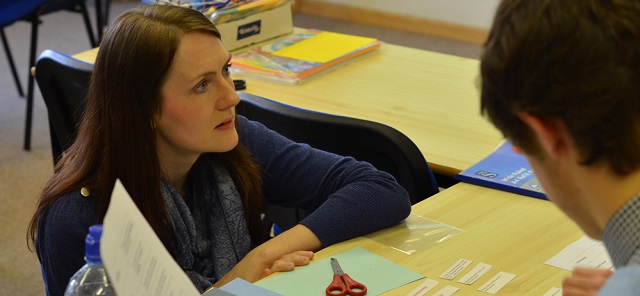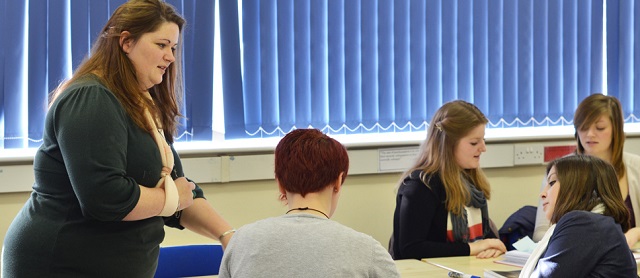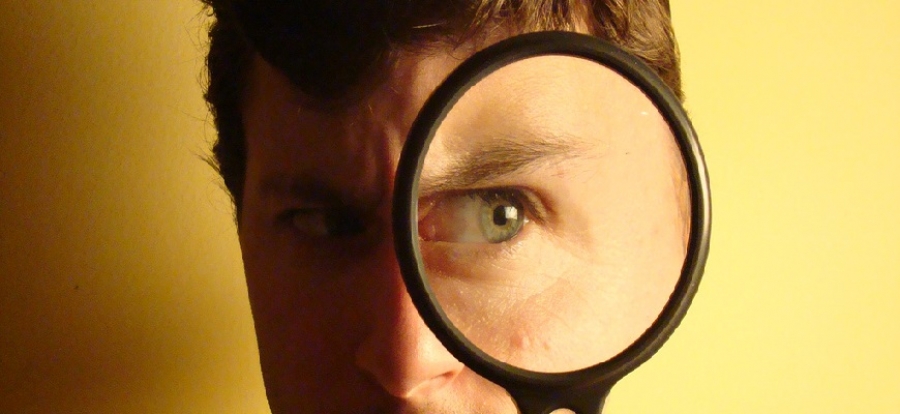The final three points focus on giving an opportunity for the basis of a judgement to be discussed. Let's begin:
- Don’t arrive at the lesson without knowing what it’s about.
The better informed you are about the lesson you are going to see, the better you can decide what to look for. This isn’t a secret agenda – find out what the lesson will be about from the person who knows – talk with the teacher in advance!
- Don’t arrive without knowing the data / performance history of the class.
The learners did not start learning today! Know where they have come from and what progress they need to make in the near future, otherwise you can’t evaluate the contribution this lesson is making to their journey.
- Don’t arrive without knowing the teacher and support staff.
You are observing real people who have a huge personal investment in their roles. Show genuine interest in how they are finding their roles and the challenges the learners give them professionally.
- Don’t sit in the corner writing an essay.
You are there to observe, not write - so spend this valuable time looking at learners and their responses. Besides, the key observations / questions can normally be summed up in a few headlines.
- Don’t avoid conversation with the learners!
The learners have the most accurate picture of the effectiveness of the lesson – so ask them about it! When the lesson is finished, the learning only exists in their heads – so try to get an insight into what they will take away.

- Don’t tick boxes for every behaviour you see.
This is not a 'time and motion' study. Look for the effect and impact of professional behaviours, don’t simply record the fact that they were used.
- Don’t intervene or take over the lesson.
This is not your lesson – even if you think that 'you could have done it better'. Respect what the teacher is doing and evaluate what you see objectively. The only time to intervene is if there is a safety issue, and even then it might be best to raise it discreetly with the teacher rather than dealing with it yourself, unless it is am emergency!
- Don’t leave without thanking the teacher and agreeing how the observation will be followed up.
The last words you say to the teacher as you leave are 'high stake' comments! Don’t try to 'lighten' what you say or give summative judgements that will be over interpreted by an anxious colleague. Be concise and give some indication of what might be a good focus of the feedback conversation so the teacher can reflect on it and knows how the conversation will start.
- Don’t start the ‘feedback’ with 'How do you think the lesson went?'
This might be an easy question for the observer to ask, but you are asking the teacher to make a judgement about themselves / the lesson before you have given any indication of your views. This makes them vulnerable and often leads to under or over assessment of the lesson – getting the conversation off on the wrong foot!
- Don’t leave the teacher with global 'improvement points', e.g. 'Your assessment for learning needs improvement'
If observation is going to make impact it has to focus on what the teacher can adapt for tomorrow and the next week, not a random time in the future. Drill the issues down to practical points that you both agree can be considered here and now. This gives you something to follow up.



















